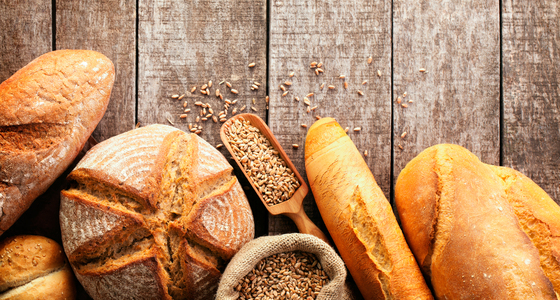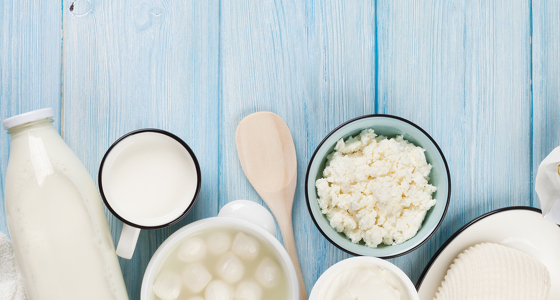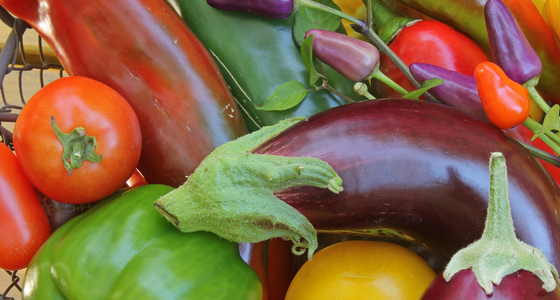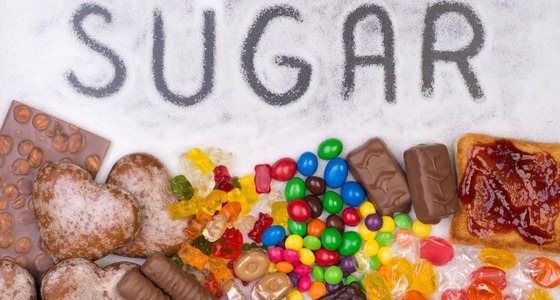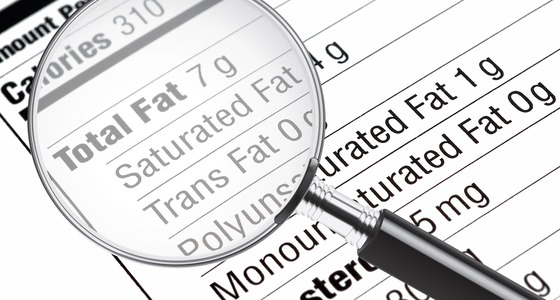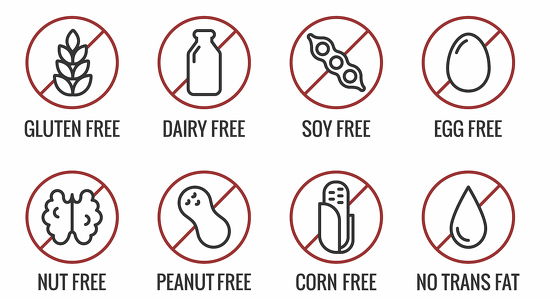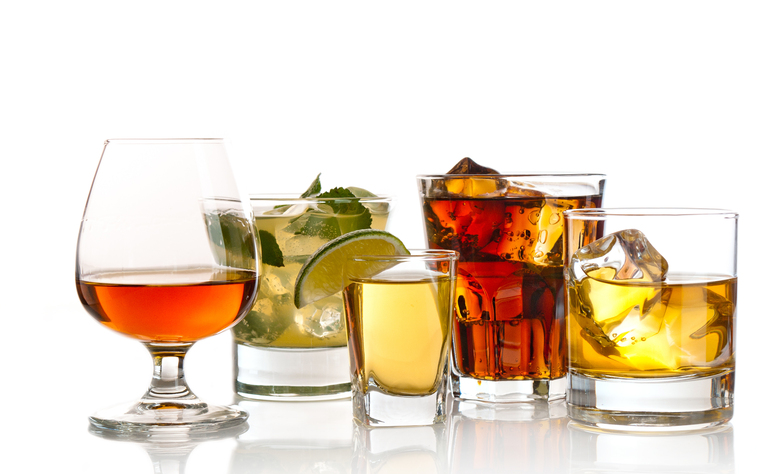
When you have inflammatory bowel disease (IBD) knowing what foods and drink affect your symptoms can be a bit of a minefield.
Some people with IBD have reported that alcohol can cause a negative effect on their symptoms. Here we take a look at some of the reasons why that may be to help you make your own decision about whether it may be having an effect on your symptoms.
Alcohol is the component in drinks which gets you drunk. It is also used in cleaning products and as fuel.
The alcohol that we drink is known as Ethyl alcohol (ethanol) and is produced by fermenting grains or fruits. It is found in many different alcoholic drinks including:
Alcohol is considered a depressant - it slows down functions in the body such as speak, movement and reactions. The more alcohol that is drunk the more likely you are to feel these effects. It is absorbed into the bloodstream meaning its effects can be felt very quickly.
It is addictive and it is possible to overdose on it which can lead to death.
Chronic alcohol use can cause a number of serious long-term conditions including liver disease, nerve damage, brain damage, deficiencies, malnutrition and cancer of the mouth and throat.
Clinical practice guidelines recommend that people with IBD avoid alcohol1. Some people with IBD report that alcohol does affect their Crohn's disease or ulcerative colitis, whereas others feel it doesn't. Whether you choose to drink is your own decision. You should also bear in mind some of the other health affects of drinking alcohol in making your decision.
There have been a few studies that relate specifically to alcohol consumption and IBD.
One study found that ‘alcohol consumption may lower ulcerative colitis incidence’2 before disease onset. However, other studies have found that alcohol could have a negative impact on IBD once it’s developed.
One study reported that 75% of people with IBD taking part in the study reported a worsening of gastrointestinal symptoms with alcohol consumption3.
Another study looked at a group of people with IBD who consumed red wine daily over a one week period. It concluded that those with currently inactive IBD who drink red wine daily may be at an increased long-term risk of a relapse/flare4.
Some of the other side effects that alcohol can cause include:
Alcohol can also interact with some medications taken to help control IBD.
